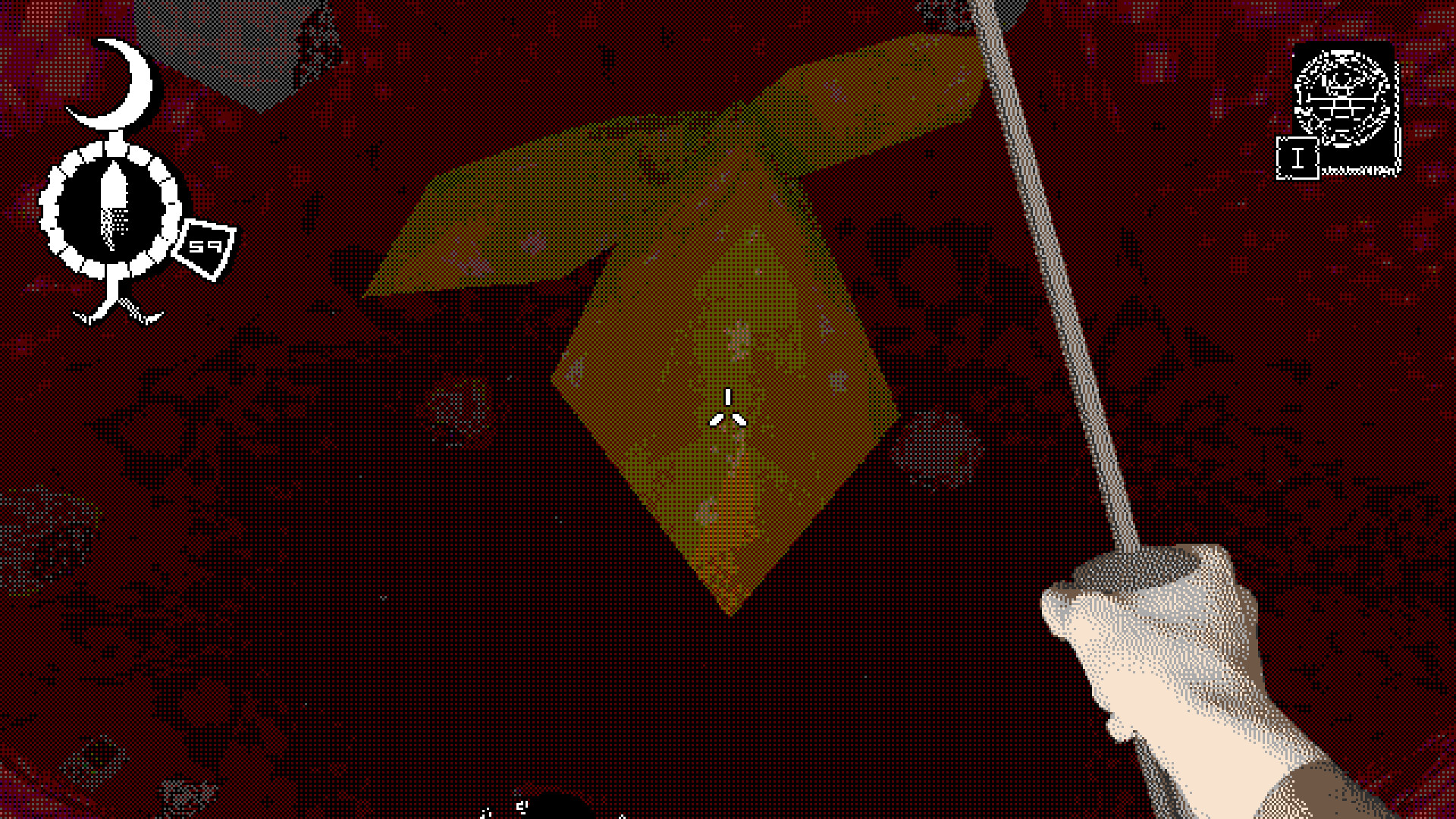
The Pegasus Expedition shakes things up to great effect.
I’m never happier than when I’m pottering around in the exploration phase of a space 4X. It’s when the galaxy has the most potential, and where every turn could spit out a new discovery, whether it’s intelligent life or some cool new lasers. And whenever I fire up a new 4X, playing through the early game is like popping on a comfy pair of slippers, all cosy and familiar.
The Pegasus Expedition, which launched in early access this week, immediately says “Screw your cosy slippers and get ready for some wars.” This story-driven 4X kicks off in medias res, not long after your human expeditionary fleet arrives in the Pegasus galaxy. They’ve left Earth to find a solution to a war they’re losing against an alien adversary, but it turns out Pegasus is just as much of a shitshow.
(Image credit: Fulqrum Publishing)
See, there are aliens in Pegasus as well, and the surprise appearance of humans has spooked them, starting another war. And we’re not talking about the first contact wars you usually encounter in a 4X. This isn’t a few scouts exchanging pot shots. This is a war against an established force that controls multiple worlds and has old, complicated relationships with other aliens who you’re yet to meet.
Luckily, you’ve arrived in this galaxy with plenty of ships. Though you might argue that arriving in a new place with an armada bristling with weapons is exactly why you’re now embroiled in a war. This isn’t a point of view that goes ignored, either. You’ll constantly question the ethics of your mission. But first, to battle!
You control space battles indirectly by selecting the fleet you’d like to use and then giving them some broad orders. A lightning strike, for instance, will split your fleet into six battlegroups and improve their damage and speed, but also the amount of casualties they’ll take. You also have some control over what direction your ships enter the system from, and thus what worlds they’ll target first.
(Image credit: Fulqrum Publishing)
The size of the enemy fleet and how it’s distributed through the solar system will determine the best strategy, and then you get to watch the ships duke it out like little brawling fireflies. With this focus on the macro, it emphasises your role as a leader, making the big calls without needing to control every ship. But you can have your cake and eat it too, as there are still ways to get involved even when the fight is in full swing. You can order a retreat to save your precious ships, launch missile salvos and, at the cost of your reputation, even fire off some nukes.
This results in battles that are engaging but never fiddly, making The Pegasus Expedition a rare 4X where I’m actually very eager to keep wars going.
This results in battles that are engaging but never fiddly, making The Pegasus Expedition a rare 4X where I’m actually very eager to keep wars going. But this warmongering is expensive. Even my most successful assaults cost me ships, and repairing fleets requires rare-earth minerals that, as a newcomer, I had limited access to. Thus, amid this war against the new aliens, I still had to explore and colonise, fuelling the war machine.
Habitable worlds appropriate for proper colonies are rare, but there are plenty of worlds that can host simpler outposts, many of them containing traits that encourage specific specialisations. Volcanic worlds or those with rare-earth minerals, for instance, are best taken advantage of via industrial outposts, generating the resources you’ll need to maintain your fleets.
(Image credit: Fulqrum Publishing)
Between battles and colonisation efforts are plenty of meetings. You’ll chat away with your admirals, diplomats and scientists, figuring out the best way through this crisis together. Earth has sent other fleets to Pegasus, too, who will also colonise worlds, fight aliens and sometimes join you in your ventures. These aren’t just generic advisors and allies, either. They’re fleshed out characters with set personalities and pasts that help define them.
After a tense first contact with yet another alien race, this time the de facto rulers of Pegasus, my top diplomat wanted to know if I thought he’d made the right call, inspiring a discussion on his particular diplomatic methods. Getting to know him meant I felt I could trust him to make some decisions himself, rather than selecting responses for him in future chats with aliens.
The story is fairly linear at the outset—your first meeting with aliens will always end in a war, and so will the next one. But at every point there are still decisions for you to make, whether it’s how to specialise your new outposts or if you should tell the folks back home how badly things are really going in this new galaxy. And things do start loosening up. Humanity’s arrival has a destabilising effect on Pegasus, eventually creating a power vacuum that promises to give you a bit more freedom.
(Image credit: Fulqrum Publishing)
Despite flexibility being one of the key components of a 4X, however, I’ve been really enjoying this more scripted start, which is proving to be a great way to slowly introduce new players to this rich galaxy. I’ve never played a 4X that offers such a strong sense of place. Instead of being a fresh map where every faction can spread out as they see fit, it’s full of established space-faring peoples and plots already in motion. The result is something that feels so much more tangible than the randomised galaxies I’m used to exploring.
The writing could do with a bit more polish, but I’m already invested in the story. Fighting to survive, worrying about what this means for the future of Earth, being forced to become a conquering coloniser because the alternative is extinction—it’s all incredibly compelling stuff.
Kalla Gameworks aims to release the final version in mid 2023, which will include various new scenarios and an additional playable race. With the early access version, though, you can already play through the main story campaign, which is shaping up to be fascinating. There are quite a few story-driven 4Xs knocking about now, with more coming, but so far this is the one that feels most distinct. I’m looking forward to seeing how it evolves.



